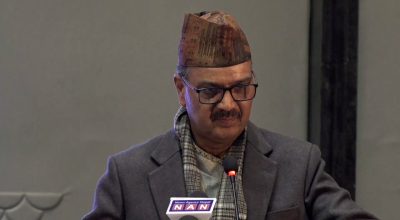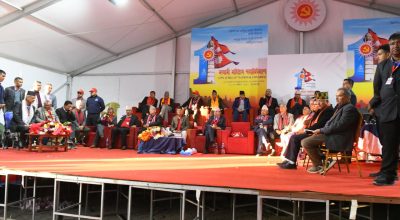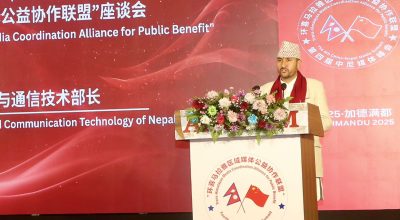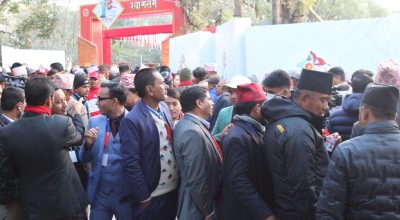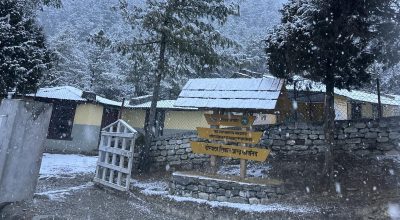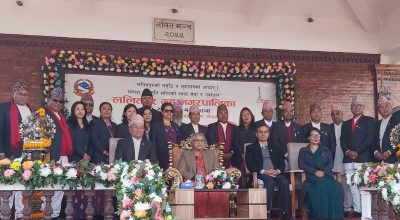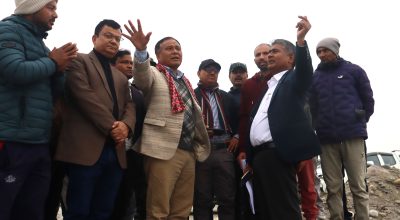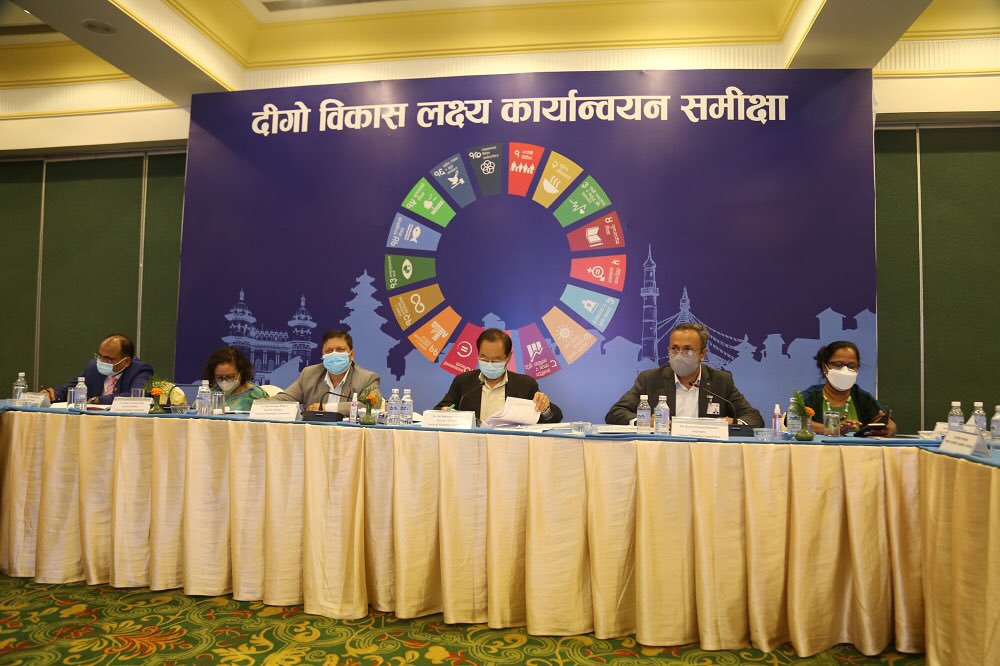
KATHMANDU: Implementation of the Sustainable Development Goals (SDGs) at the local level has been a challenge due to little understanding of the issues among local representatives, it has been learnt.
During a media dialogue on the implementation of the SDGs (2015-2030) organised by the Forum for Women, Law and Development (FWLD), it was shared that the SDGs seemed a quite new topic for people’s representatives at the local level.
SDGs National Network Coordinator Daya Sagar Shrestha was of the view that lack of political ownership and commitment to the goals had created hurdles in their implementation.
Such a lack on the part of local representatives had been reflected in the policy-level coordination and selection of the projects which led to the missing of substantive actions to achieve the goals, he said.
The private sector is expected to contribute 55 percent to meet the SDGs, a set of 17 goals, which the UN describe the blueprint to achieve a better and more sustainable future for all.
As Shrestha said, the implementation of the goal number 16 which is particularly about peace, justice and strong institutions is quite disappointing. The achievement of the Goal 16 is largely missing in many nations among 193 nations, the signatories to the SDGs.
The government’s review on the status of SDGs made twice in 2017 and 2020 has not highlighted much on the Goal 16, according to him.
“It is necessary to bring down poverty by five percent by 2030 to advance towards the SDGs and for this, additional Rs 600 billion annual budget is required to take action for the same,” he said.
Advocates Binu Lama and Forum coordinator Kritagya Rai spoke the need for collaboration among the three-level governments to meet the SDGs. (RSS)






